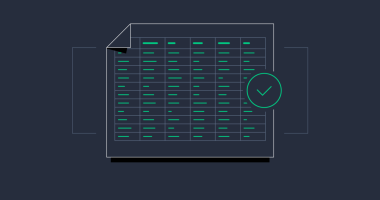The Role of an Interim CFO
Navigating Leadership Transitions
An interim CFO plays a pivotal role during transitional phases, offering financial stability and strategic direction. Unlike permanent CFOs, interim CFOs focus on immediate challenges such as cash flow management, regulatory compliance, and risk mitigation. Their expertise ensures continuity in financial operations while preparing the company for long-term success.
Why Businesses Hire Interim CFOs
Companies typically hire interim CFOs during financial crises, leadership transitions, or growth phases such as mergers or IPO preparations. Their ability to quickly assess and address financial vulnerabilities makes them indispensable during these critical periods.
Key Responsibilities of an Interim CFO
Immediate Stabilization
In the first month, interim CFOs prioritize stabilizing financial operations. This includes conducting audits, assessing risks, and ensuring operational continuity. They also streamline reporting processes to avoid gaps in communication with stakeholders.
Strategic Planning and Execution
Interim CFOs develop short-term strategies to address urgent financial issues while laying the groundwork for future growth. This involves cost optimization, cash flow improvements, and implementing advanced technologies like ERP systems for efficiency.
Best Practices for Working with an Interim CFO
Setting Clear Expectations
To maximize the interim CFO’s impact, businesses must clearly define their responsibilities, reporting lines, and timelines. This ensures alignment from day one and avoids misunderstandings.
Collaboration with Stakeholders
Interim CFOs need access to key stakeholders—including board members and senior management—to make informed decisions. Regular check-ins foster collaboration and maintain alignment with organizational goals.
A Typical First Month: Interim CFO Workflow
Day 1-30: Assessment and Strategy Development
The initial phase involves understanding the company’s financial landscape through audits and stakeholder meetings. Interim CFOs set priorities like addressing cash flow issues and strengthening reporting processes.
Building Trust and Communication
Establishing rapport with the finance team and senior leadership is crucial. Effective communication ensures that all parties understand financial goals and their roles in achieving them.
Long-Term Impact of an Interim CFO
Enhancing Financial Governance
Interim CFOs implement robust internal controls to protect assets and ensure compliance with regulations. This minimizes risks such as fraud or legal penalties.
Preparing for Permanent Leadership
A smooth transition to a permanent CFO is facilitated by scenario planning, strategic alignment, and operational continuity. Interim CFOs ensure that their successor inherits a stable financial position without backlog issues.
Maximizing Value from Interim CFO Engagements
Embracing Change for Success
Interim CFOs bring fresh perspectives that can transform financial operations. By embracing their insights, businesses can navigate transitions effectively while positioning themselves for sustainable growth.
Leveraging Expertise for Long-Term Benefits
From immediate stabilization to strategic planning, interim CFOs deliver value quickly. Clear communication, collaboration, and trust-building are essential to harness their full potential.
Hiring an interim CFO is not just a temporary fix—it’s a strategic move that can redefine a company’s financial trajectory during critical times.









